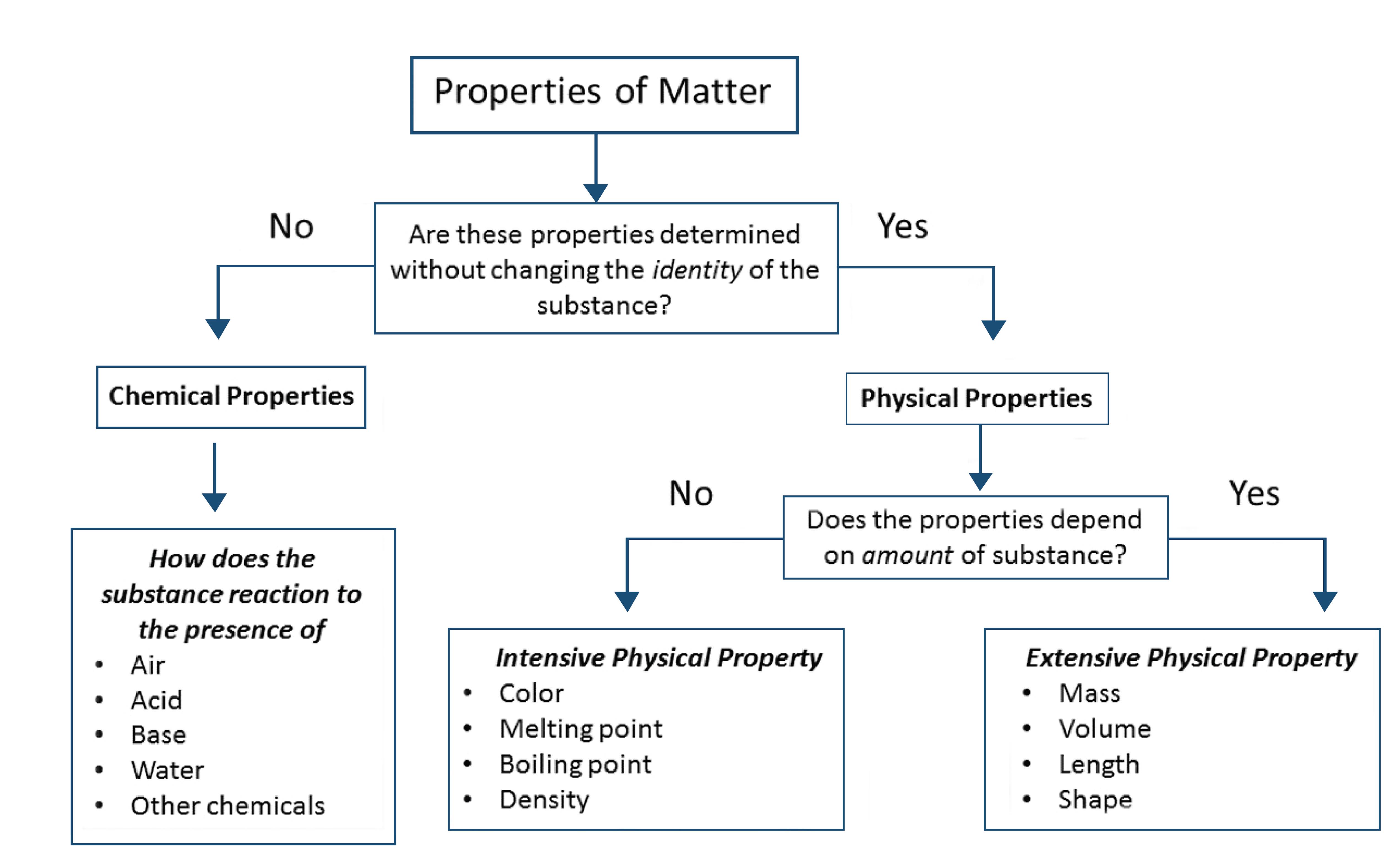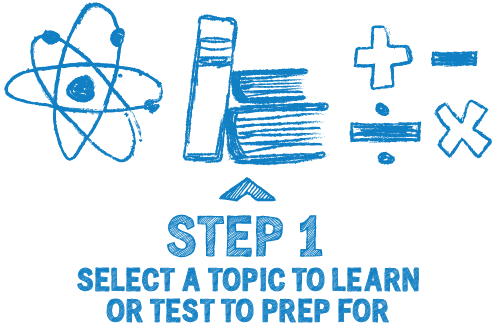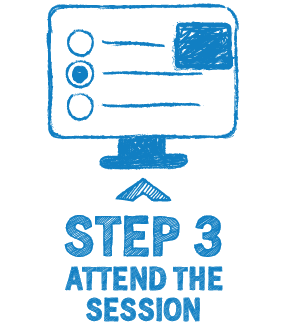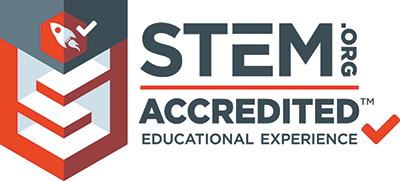Properties of Matter
Grade 7 Science Worksheets
Matter is anything that has mass and takes up space. It can be found in many forms, such as solid, liquid, and gas. The properties of matter, such as density, color, and melting point, depending on the types of atoms, molecules, and ions that make it up and how they are arranged.
Table of Contents:
- Properties of Matter
- Examples
- FAQs
Properties of Matter - Grade 7 Science Worksheet PDF
This is a free printable / downloadable PDF worksheet with practice problems and answers. You can also work on it online.
|
Untimed | |
Sign up with your email ID to access this free worksheet.
"We really love eTutorWorld!"
"We really love etutorworld!. Anand S and Pooja are excellent math teachers and are quick to respond with requests to tutor on any math topic!" - Kieran Y (via TrustSpot.io)
"My daughter gets distracted easily"
"My daughter gets distracted very easily and Ms. Medini and other teachers were patient with her and redirected her back to the courses.
With the help of Etutorworld, my daughter has been now selected in the Gifted and Talented Program for the school district"
- Nivea Sharma (via TrustSpot.io)
Matter can be made up of atoms, molecules, and ions, which are the building blocks of matter.
Some examples of matter include:
- A rock is solid, it has a definite shape and volume and does not change shape easily.
- Water is a liquid, it takes the shape of its container and has a definite volume.
- Air is gas, it does not have a definite shape or volume, and it expands to fill the container.
- Sugar is solid, it has a definite shape and volume, and it can be dissolved in water to form a solution.
- Iron is solid, it has a definite shape and volume, and it can be magnetized.

The matter is anything that has mass and takes up space, it can be found in many forms, such as solid, liquid, and gas, and it is made up of atoms, molecules, and ions.
The properties of matter depend on the types of atoms, molecules, and ions that make it up and how they are arranged.
Properties of Matter (with Examples)
The following are the properties of matter:
1. Mass: The amount of matter in an object. The mass of an object can be measured using a balance scale. For example, a rock has more mass than a piece of paper.
2. Volume: The amount of space an object occupies. The volume of an object can be measured using a graduated cylinder or a ruler. For example, a gallon of water has a larger volume than a pint of water.
3. Density: The mass of an object divided by its volume. Density can be used to identify different types of matter. For example, gold has a higher density than aluminum, so a piece of gold that is the same size as a piece of aluminum will weigh more.
4. State of Matter: Solid, liquid, or gas. The state of matter is determined by the arrangement of the particles that make up the matter, and it’s affected by temperature and pressure. For example, ice is a solid, water is a liquid, and steam is a gas.
5. Melting and Boiling Point: The temperature at which a solid turns into a liquid (melting point) and a liquid turns into a gas (boiling point). These properties can be used to identify different types of matter, for example, the melting point of ice is 0 degree Celsius and the boiling point of water is 100 degrees Celsius.
6. Solubility: The ability of a substance to dissolve in a liquid. For example, sugar is soluble in water, it dissolves in water to form a solution, while oil is not soluble in water, it forms separate layers.
7. Conductivity: The ability of a substance to conduct heat or electricity. For example, metals are good conductors of heat and electricity, while non-metals are poor conductors of heat and electricity.
8. Elasticity: The ability of a substance to return to its original shape after being stretched or compressed. For example, rubber is elastic, it can be stretched and will return to its original shape, while glass is inelastic, it will break or crack when stretched.
9. Hardness: The resistance of a substance to being scratched or indented. For example, diamonds are very hard and can scratch most other materials, while talc is very soft and can be easily scratched.
10. Magnetism: The ability of a substance to be attracted to a magnet. For example, iron is magnetic, it will be attracted to a magnet, while gold is not magnetic and will not be attracted to a magnet.
“There have been times when we booked them last minute, but the teachers have been extremely well-prepared and the help desk at etutorworld is very prompt.
Our kid is doing much better with a higher score.”
7th Grade Tutoring
eTutorWorld offers Personalized Online Tutoring for Math, Science, English, and Standardised Tests.
Our Tutoring Packs start at just under $21 per hour, and come with a moneyback guarantee.
Schedule a FREE Trial Session, and experience quality tutoring for yourself. (No credit card required.)
Do You Stack Up Against the Best?
If you have 30 minutes, try our free diagnostics test and assess your skills.
Properties of Matter FAQS
What is the main difference between mass and weight?
Mass is a measure of the amount of matter in an object, and it remains constant regardless of the location of the object. Weight is the force exerted on an object due to gravity, and it varies depending on the location of the object. For example, an object weighs less on the moon than it does on Earth due to the difference in gravity.
How can we measure density?
Density can be measured by dividing the mass of an object by its volume. This can be done by using a balance scale to measure the mass and a graduated cylinder or ruler to measure the volume.
What is the difference between elasticity and plasticity?
Elasticity is the ability of a substance to return to its original shape after being stretched or compressed. Plasticity is the ability of a substance to be permanently deformed without breaking.
How does temperature affect the state of matter?
Temperature affects the state of matter by affecting the movement and arrangement of the particles that make up the matter. Increasing the temperature increases the movement of the particles, which can cause a change in state of matter from solid to liquid or liquid to gas.
What is the melting point and boiling point?
Melting point is the temperature at which a solid turns into a liquid, and boiling point is the temperature at which a liquid turns into a gas. These properties can be used to identify different types of matter.
What is the difference between conductors and insulators?
Conductors are materials that allow electrons to flow through them easily, making them good conductors of heat and electricity. For example, copper, iron, sea water etc. Insulators are materials that do not allow electrons to flow through them easily, making them poor conductors of heat and electricity.Some examples of insulators include non-metals, wood, plastic, and rubber.

Kathleen Currence is one of the founders of eTutorWorld. Previously a middle school principal in Kansas City School District, she has an MA in Education from the University of Dayton, Ohio. She is a prolific writer, and likes to explain Science topics in student-friendly language. LinkedIn Profile
Affordable Tutoring Now Starts at Just $22.49
eTutorWorld offers affordable one-on-one live tutoring over the web for Grades K-12. We are also a leading provider of Test Prep help for Standardized Tests (SCAT, CogAT, MAP, SSAT, SAT, ACT, ISEE, and AP).
What makes eTutorWorld stand apart are: flexibility in lesson scheduling, quality of hand-picked tutors, assignment of tutors based on academic counseling and diagnostic tests of each student, and our 100% money-back guarantee.
Whether you have never tried personalized online tutoring before or are looking for better tutors and flexibility at an affordable price point, schedule a FREE TRIAL Session with us today.
*There is no purchase obligation or credit card requirement
Grade 7 Science Worksheets
- Elements and Compounds
- Solar Energy
- Photosynthesis
- Electricity and Magnetism
- Law of conservation of energy
- Periodic table
- Properties of Matter
- Waves
- Energy Resources
- Weather and Climate
- Immune, Circulatory and Digestive Systems
- Organs in Multi-cellular Organism
- Sedimentary, Igneous, and Metamorphic Rocks
- Structure of the Earth
- Law of Conservation of Mass
- Physical and Chemical Changes
- Scientific Method
- Human Digestive System
- Environmental Science
- Renewable and Non-renewable energy Resources
- Characteristics of Living Organisms
- Life Science
- Earth and Space Science
- Solar Eclipse
- Heat Technology
- Newton’s Laws of Motions
- Physical Science
- Tools, Measurement and SI Units
- Earth Atmosphere
- Interactions of Living things
- The Earth Ecosystem
- Organelles in Plant and Animal cells
- Layers of the Earth
- Cycles in Nature
Grade 7 Math Worksheets
- Fractions
- Linear equations word problems
- Statistics
- Properties of Parallel Line
- Finding slope from an equation
- Identifying Quadrilaterals
- Percent Change
- Properties of addition and multiplication
- Pythagorean Theorem
- Solving two step inequalities
- Symmetry
- Fractions to Decimals (New)
- Whole Number Exponents with Integer Bases (New)
- Adding and Subtracting Fractions (New)
- Integer Addition and Subtraction (New)
- Dividing Mixed Numbers (New)
- Basics of Coordinate Geometry (New)
IN THE NEWS

Our mission is to provide high quality online tutoring services, using state of the art Internet technology, to school students worldwide.
Online test prep and practice
SCAT
SSAT
ISEE
PSAT
SAT
ACT
AP Exam
Science Tutoring
Physics Tutoring
Chemistry Tutoring
Biology Tutoring
Math Tutoring
Pre-Algebra Tutoring
Algebra Tutoring
Pre Calculus Tutoring
Calculus Tutoring
Geometry Tutoring
Trigonometry Tutoring
Statistics Tutoring
Quick links
Free Worksheets
Fact sheet
Sales Partner Opportunities
Parents
Passive Fundraising
Virtual Fundraising
Our Expert Tutors
Safe and Secure Tutoring
Interactive Online Tutoring
After School Tutoring
Elementary School Tutoring
Middle School Tutoring
High School Tutoring
Home Work Help
Math Tutors New York City
Press
©2022 eTutorWorld Terms of use Privacy Policy Site by Little Red Bird
©2022 eTutorWorld
Terms of use
Privacy Policy
Site by Little Red Bird










